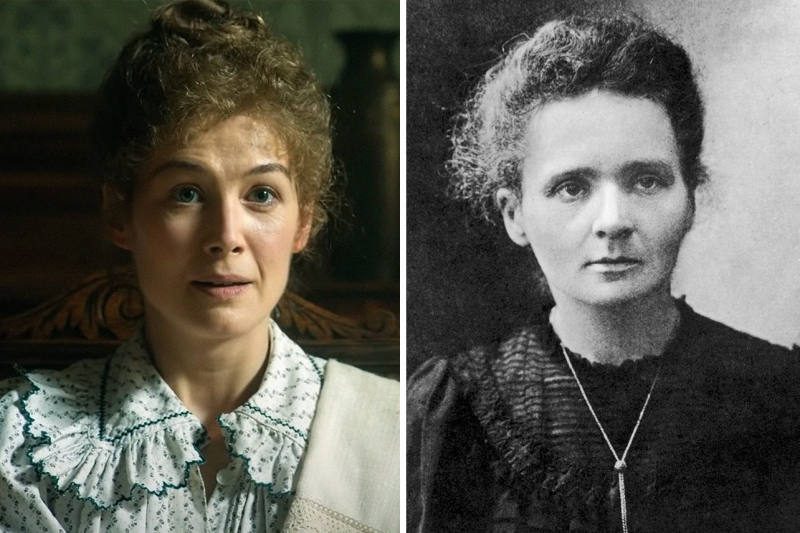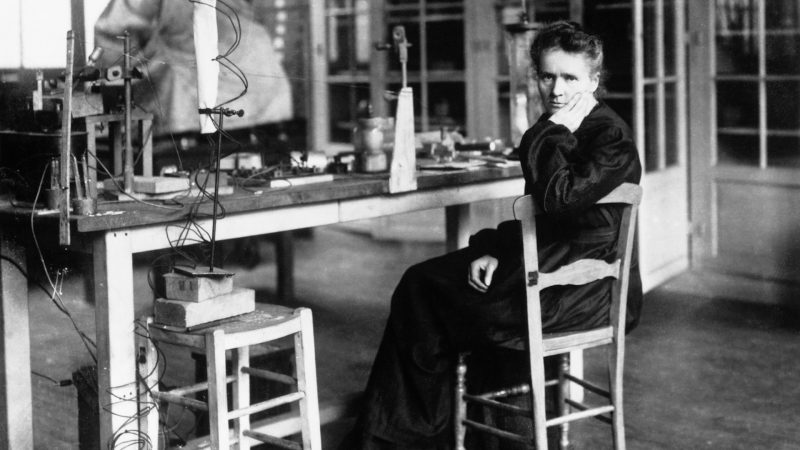Marie Curie
Marie Curie's unflinching determination and ardent curiosity established her as a contemporary scientific legend. Despite a physically laborious and ultimately dangerous job, she discovered radium and polonium, advocated for the use of radiation in medicine, and radically altered our knowledge of radioactivity.
Marya Skodowska Curie was born in Warsaw in 1867. Her family suffered under a harsh Tsarist dictatorship that sought to eradicate all traces of Polish culture. Curie struck an agreement with her older sister Bronya as a teenager: she would assist Bronya while she attended med school in Paris, and Bronya would fund Curie's tuition. Curie worked as a schoolteacher and instructor for six years, beginning at the age of 17, while trying to study more in her free time.
Mare Curie chose to write her thesis on radioactivity, which Henri Becquerel had just discovered in uranium. She discovered that an ore carrying uranium was more radioactive than its uranium concentration indicated. This ultimately resulted in her and her spouse, Pierre, discovering a new material 500 times more radioactive compared to uranium. In 1898, it was designated as polonium, after Curie's native country.
Years: 1867 - 1934
Achievements:
- Discovery of Polonium and Radium
- Theory of uranium rays












